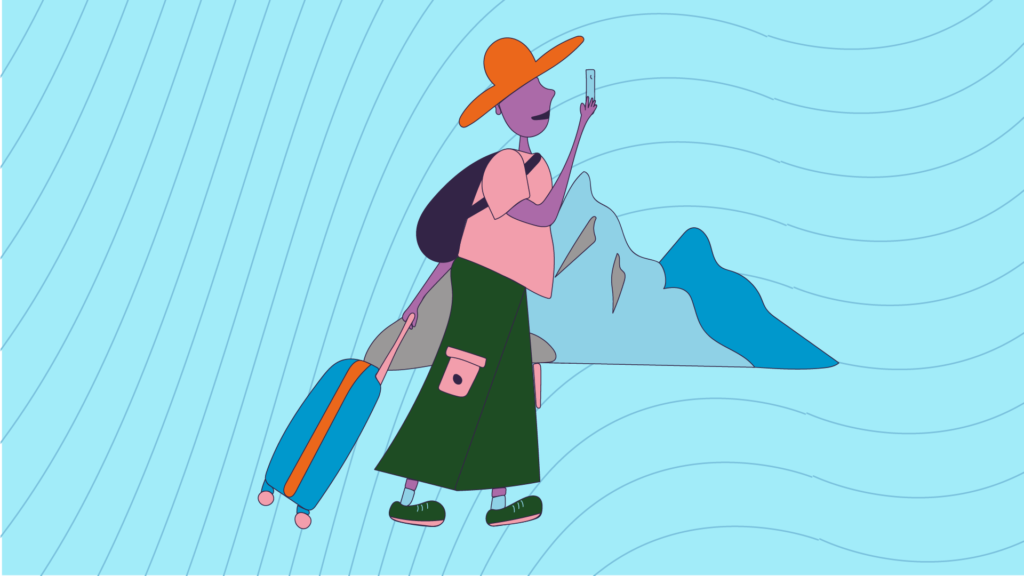Exploring the World
Curiosity drives us to seek stimulation, find new information, experiences and environments, but serves a broader purpose in building our knowledge and skills (see achieving my goals).

It evolved from our ancestors who were curious and explored their surroundings; by gathering information they enabled survival, and the ‘’seeking’’ behaviour was passed down generations and reinforced in the brain. Upon coming across new, complex and surprising stimuli, the brain creates new neural connections in the hippocampus, which helps with learning and memory.
As well as serving a purpose for learning, the brain releases a surge of the feel good hormone dopamine, and so the connection between exploring and learning is reinforced and rewarding.
Curiosity helps us to learn and discover, which motivates us to explore, travel, try new activities, meet new people and immerse ourselves in new experiences.
Seeking new and novel things not only provides variety in life, it contributes to overall well-being, and has been linked to a range of positive effects such as increased in life satisfaction, participation in personal growth activities and better performance and innovation in the workplace.
Discovering new information or problems can lead us to challenging situations, which enables us to use skills, strengths and understand competencies; all of which contribute to our personal growth and self-development.
Want to learn more?
Read all the details, including how this value presents itself through who we are, what we have, do and need, in our Human Values Research Paper
